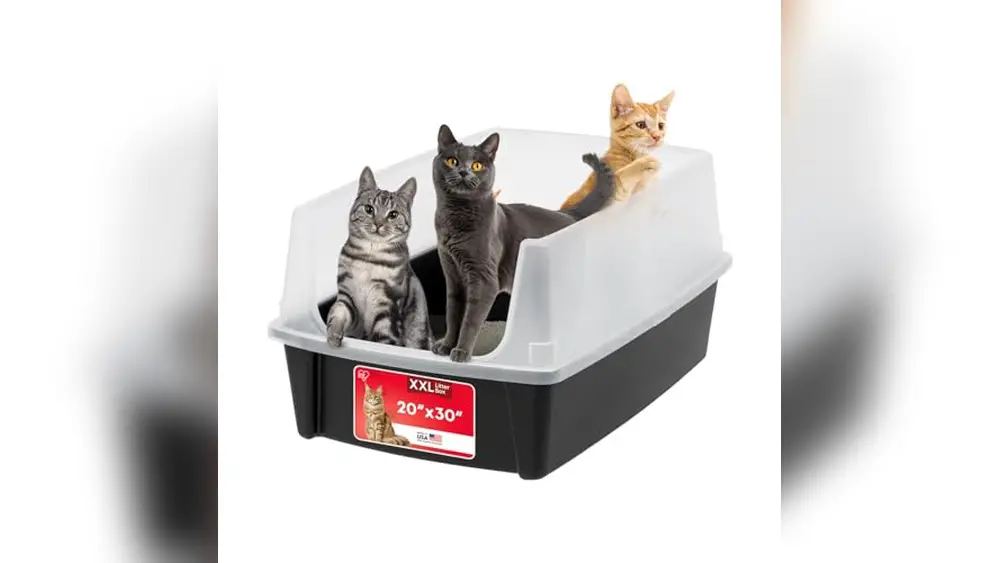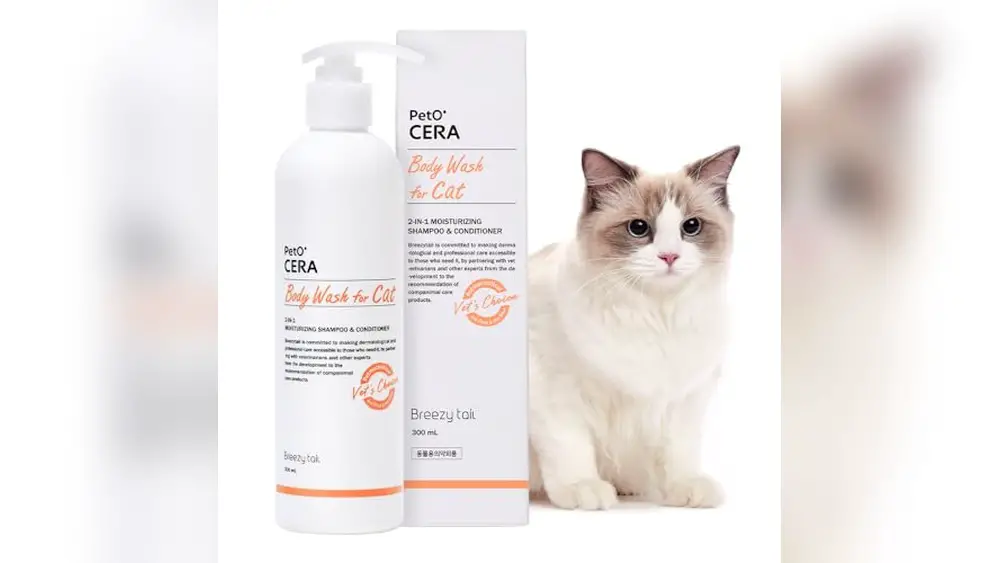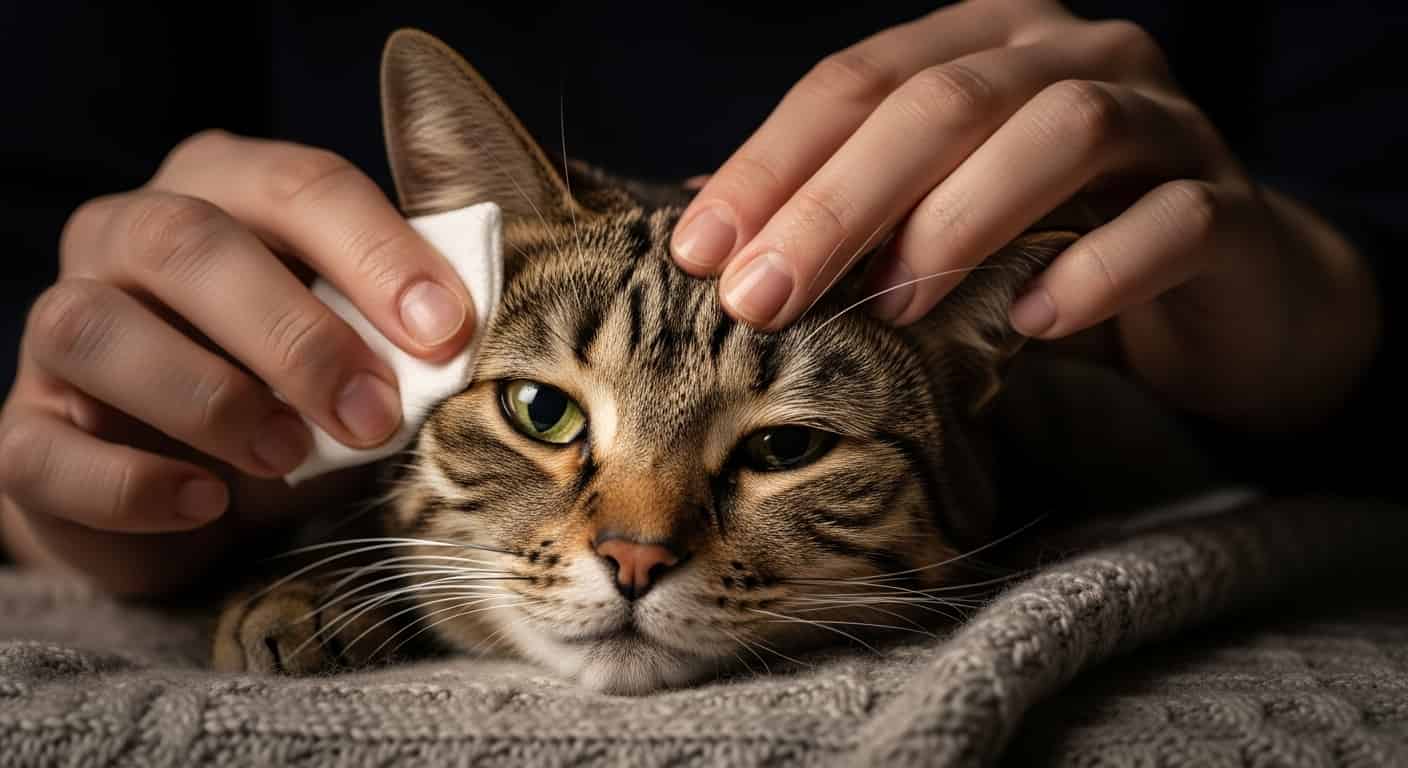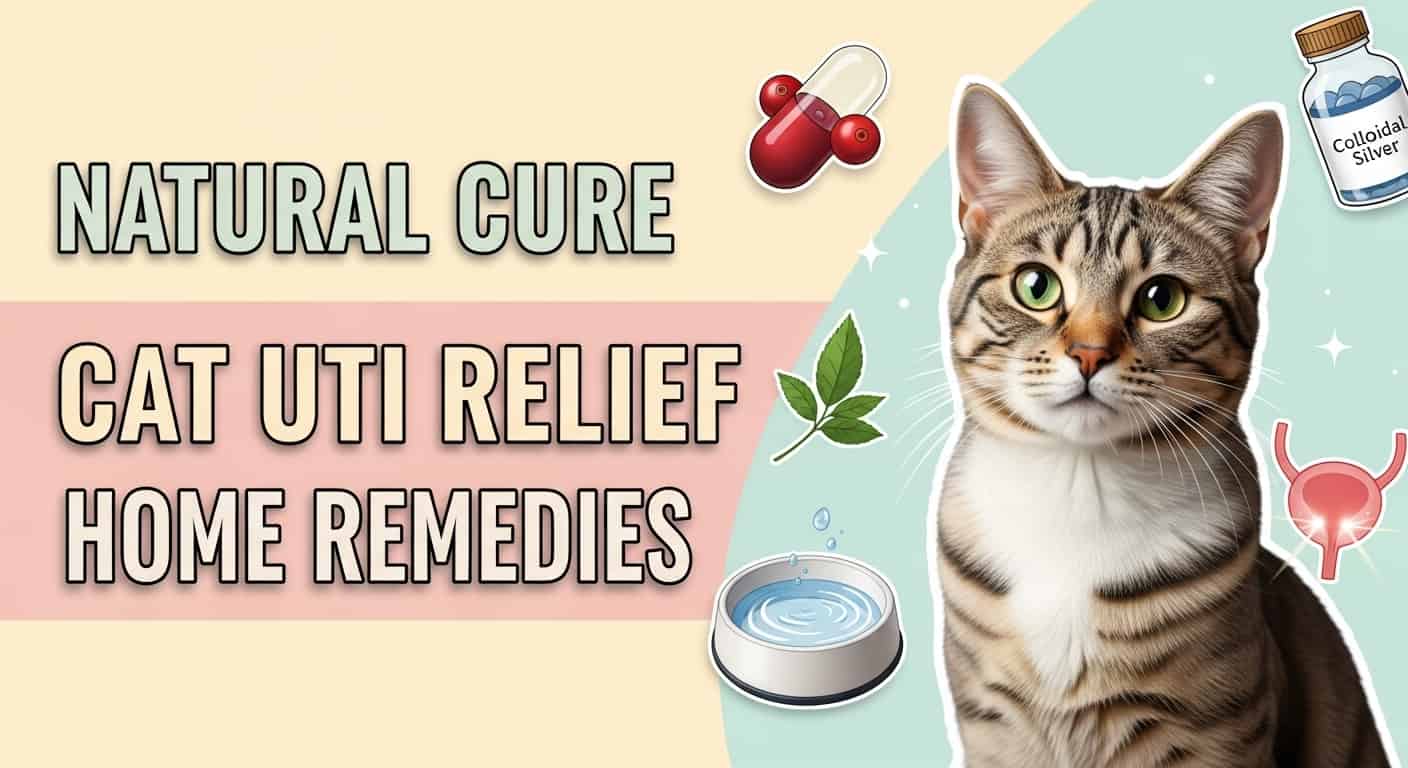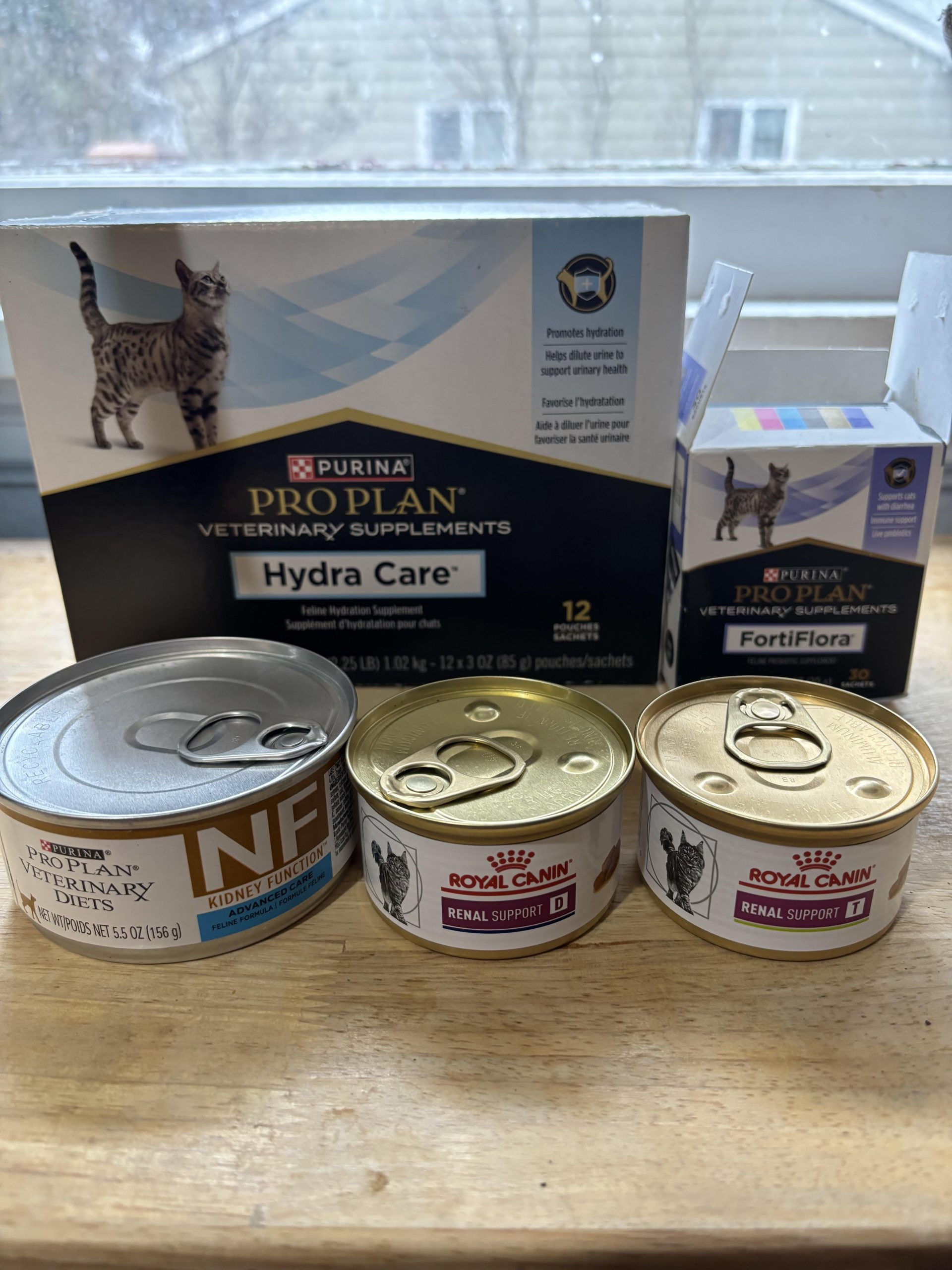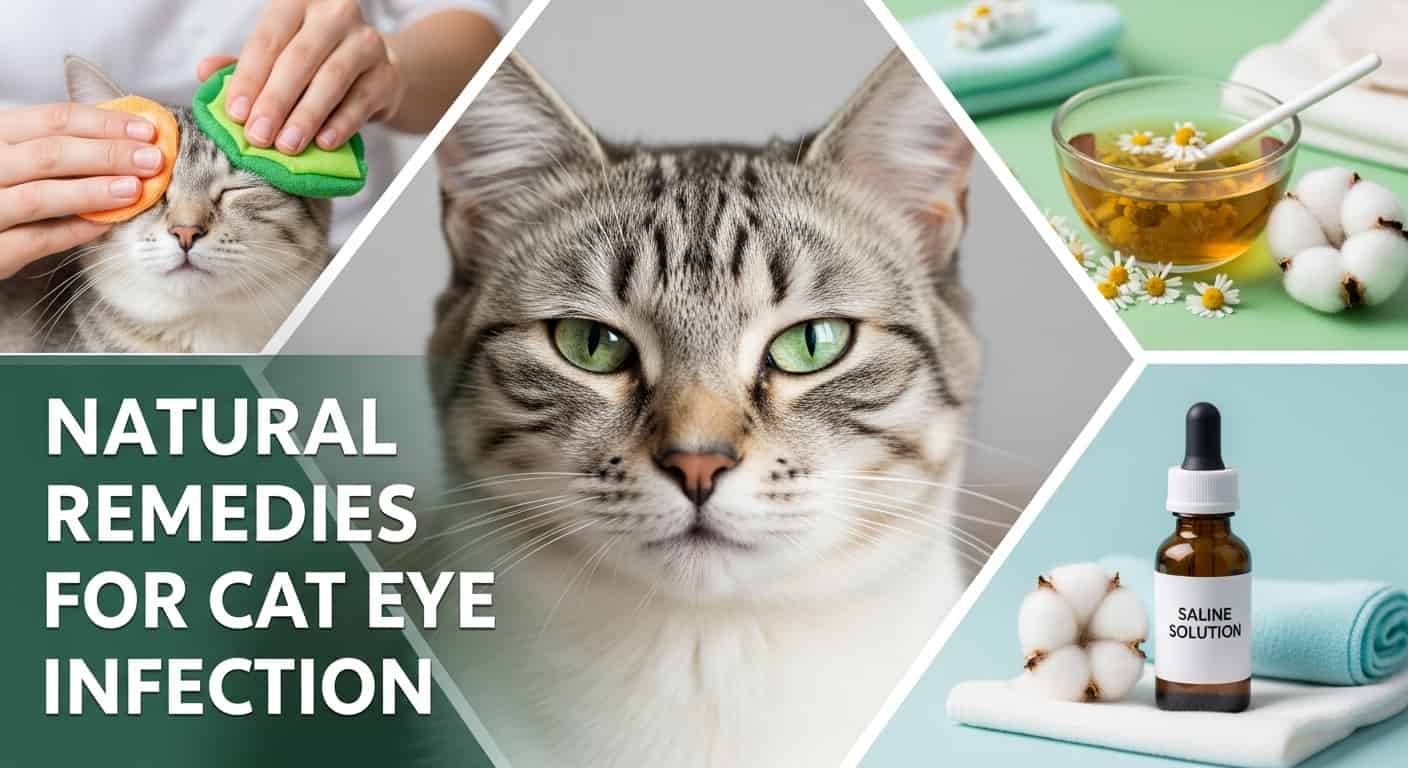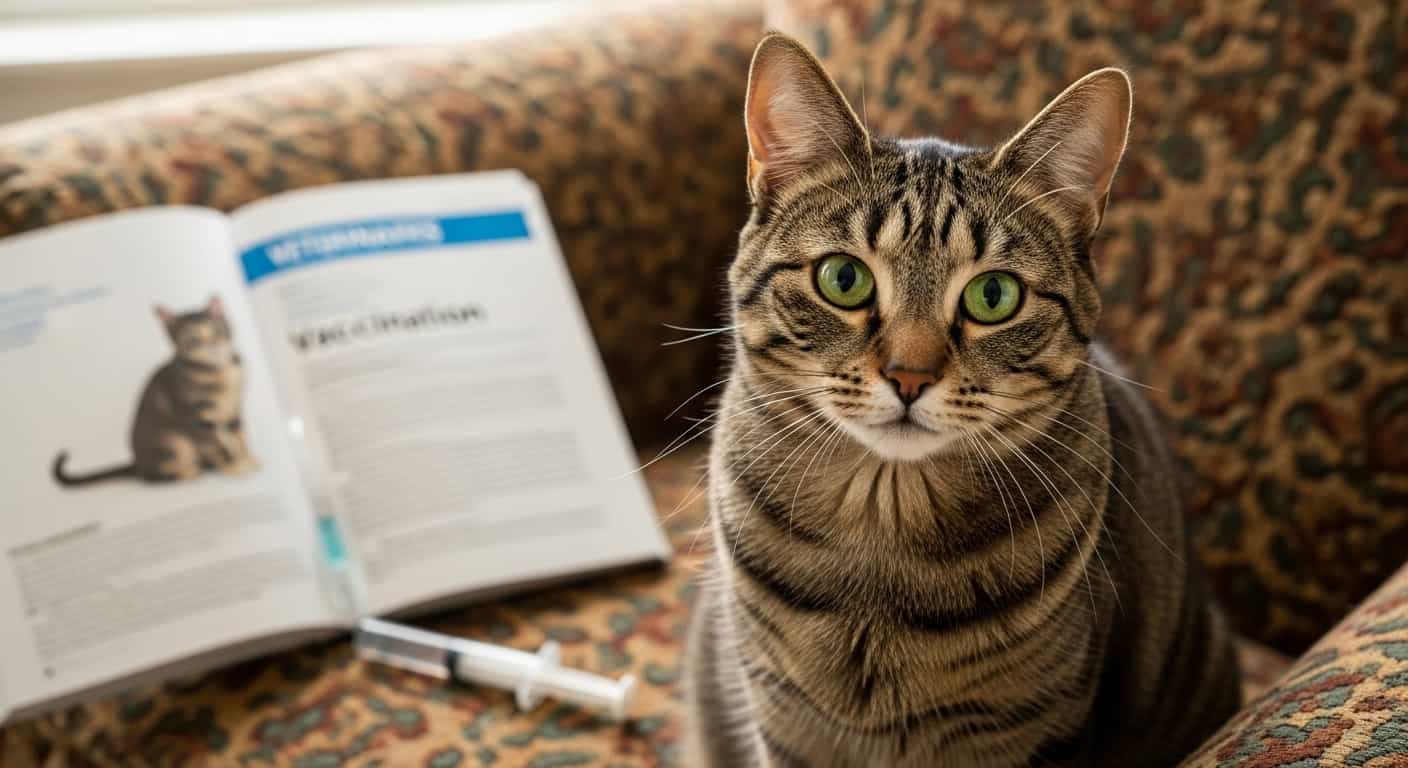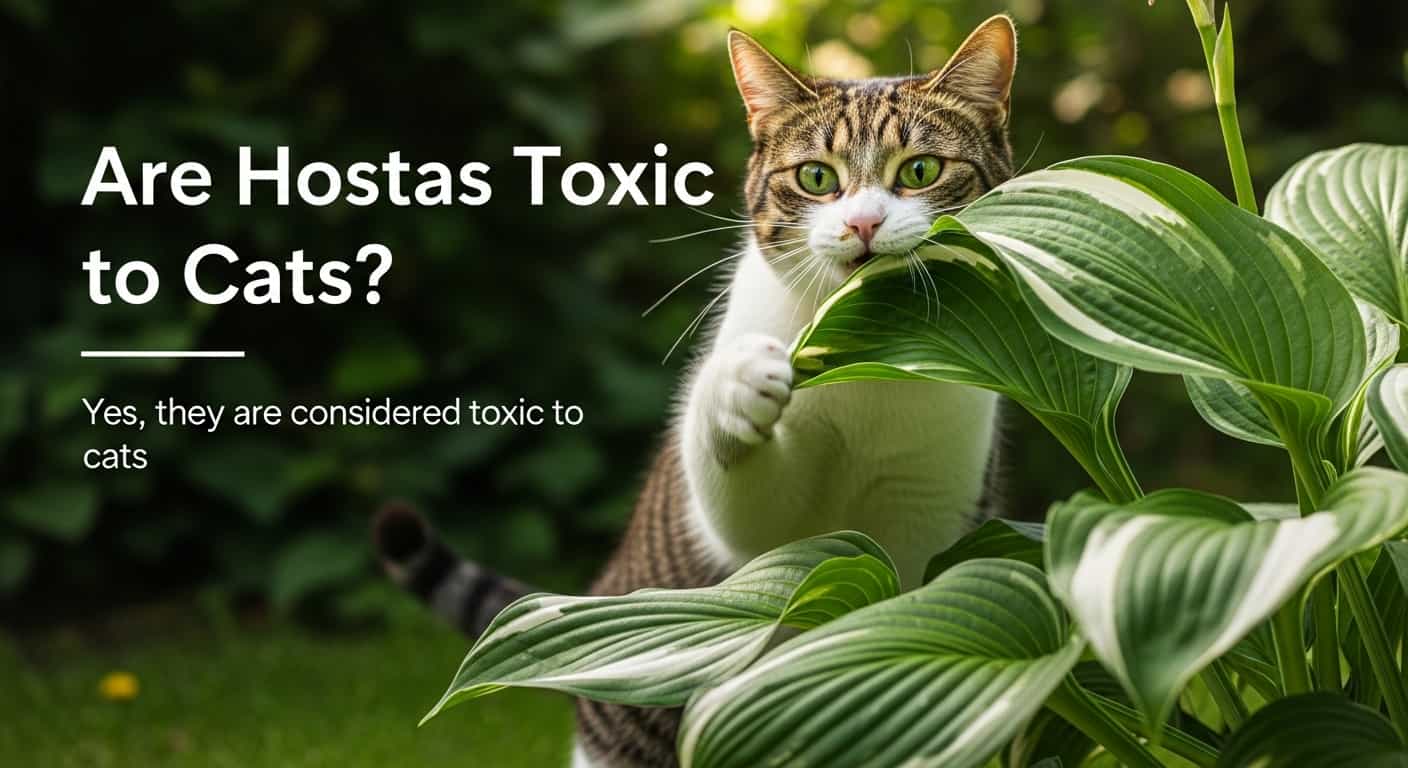Is your cat showing signs of restlessness, weight loss, or increased appetite? These could be symptoms of an overactive thyroid, a common but troubling condition in cats.
Table of Contents
ToggleYou want the best for your furry friend, and the idea of using natural remedies might feel safer and gentler than conventional treatments. But where do you start? You’ll discover simple, effective natural ways to help manage your cat’s thyroid health.
Keep reading to learn how you can support your cat’s well-being without overwhelming medications. Your cat’s comfort and happiness are closer than you think.
Causes Of Overactive Thyroid In Cats
Understanding the causes of an overactive thyroid in cats helps in managing this condition naturally. The thyroid gland controls many body functions by producing hormones. When it produces too much hormone, it can cause health problems. Knowing what triggers this can guide better care and treatment.
Common Triggers
One common trigger is a benign tumor on the thyroid gland. This tumor causes the gland to produce excess hormones. Older cats are more likely to develop this problem. Certain illnesses and stress can also affect thyroid function. Diet can play a role, especially foods high in iodine.
Genetic Factors
Some cats inherit a tendency for thyroid issues from their parents. Certain breeds may have a higher risk. Genetics influence how the thyroid gland grows and works. Knowing a cat’s family health history helps identify risks early. This knowledge aids in prevention and care planning.
Environmental Influences
Exposure to chemicals and toxins may affect thyroid health. Household cleaners, pesticides, and some plastics can be harmful. Cats living in polluted areas face higher risks. Environmental stress can disrupt hormone balance. Keeping a cat’s environment clean helps protect the thyroid.
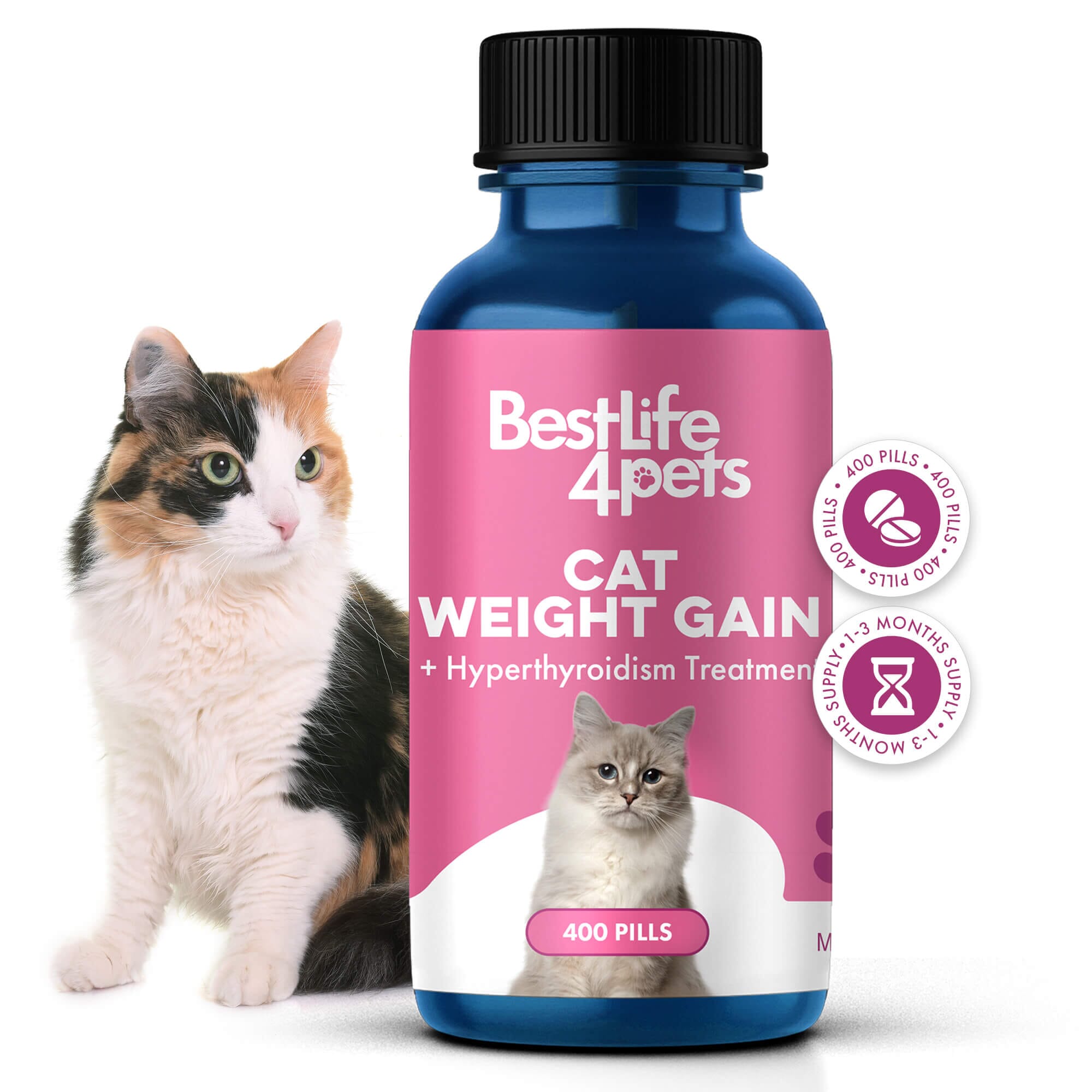
Credit: www.bestlife4pets.com
Symptoms To Watch For
Recognizing symptoms of an overactive thyroid in cats is important. Early detection helps manage the condition naturally. Cats with this issue show clear signs. Watch closely for changes in behavior, physical appearance, and health.
Here's a related post that you might find useful. Natural Remedy for Constipation in Cats: Effective & Safe Solutions
Behavioral Changes
Cats may act restless or more active than usual. They might pace or seem anxious without reason. Your cat could eat more but still lose weight. Some cats become irritable or hide more often. Pay attention to any sudden shifts in how your cat behaves.
Physical Signs
Noticeable weight loss is common despite a good appetite. Your cat’s coat may look dull or thin. Increased thirst and urination can occur. Sometimes, a swollen neck or lumps near the thyroid area appear. Rapid breathing or a fast heartbeat might also be visible.
Health Complications
Untreated thyroid issues can cause heart problems. High blood pressure is also a risk. Some cats develop muscle weakness or tremors. Digestive troubles like vomiting or diarrhea may happen. Early treatment helps avoid these serious effects.
Dietary Adjustments
Diet plays a big role in managing an overactive thyroid in cats. Changing what your cat eats can help control symptoms and improve health. A balanced diet supports the thyroid and overall well-being. Small changes in food can make a big difference over time.
Thyroid-friendly Foods
Choose foods low in iodine to help reduce thyroid activity. Cooked eggs, chicken, and turkey are good protein sources. Rice and sweet potatoes provide gentle carbohydrates. These foods are easy to digest and support thyroid health. Fresh, whole foods help keep your cat strong and calm.
Supplements To Consider
Some supplements may help balance your cat’s thyroid levels. Omega-3 fatty acids support the immune system and reduce inflammation. Vitamin E helps protect cells from damage. Talk to your vet before adding supplements. Proper doses are important for safety and effectiveness.
Foods To Avoid
Avoid foods high in iodine, like fish and seaweed. These can increase thyroid hormone production. Stay away from processed or sugary cat foods. They may worsen symptoms and harm overall health. Keep your cat’s diet simple and natural for best results.

Credit: www.amazon.ca
Here's a related post that you might find useful. Stage 2 Kidney Disease in Cats: Essential Care Tips for Owners
Herbal Treatments
Herbal treatments offer a natural way to support cats with overactive thyroid. These remedies use plants that may help balance thyroid function. Many cat owners prefer herbal options for gentle care. Herbs contain compounds that can reduce symptoms and improve wellbeing.
Always choose herbs known to be safe for cats. Not all plants work well or are safe for feline health. Proper use and dosage matter to avoid harm. Consult a vet before starting any herbal treatment.
Safe Herbs For Cats
Some herbs may help calm thyroid activity in cats. Bugleweed is one herb used to support thyroid balance. Lemon balm helps reduce anxiety linked to thyroid issues. Milk thistle supports liver health, aiding overall metabolism. These herbs have mild effects and fewer side effects.
Preparation And Dosage
Use dried or fresh herbs to make teas or tinctures. Prepare small amounts to test your cat’s reaction. Start with low doses and increase slowly if needed. Give herbs mixed with food or water for easy intake. Follow vet advice on the correct amount and frequency.
Potential Risks
Some herbs can cause allergies or stomach upset in cats. Overdosing may worsen thyroid problems or cause other issues. Avoid herbs toxic to cats like garlic or onion. Watch for signs of discomfort or unusual behavior. Stop herbal use and seek vet help if problems arise.
Home Care Strategies
Home care plays a key role in managing an overactive thyroid in cats. Simple daily actions can ease symptoms and improve your cat’s quality of life. These strategies help support treatment and keep your cat calm and comfortable.
Stress Reduction
Stress can worsen thyroid symptoms in cats. Create a quiet, safe space for your pet. Avoid loud noises and sudden changes in the environment. Gentle petting and soft talking soothe your cat. Use calming sprays or diffusers made for cats. Keeping stress low helps balance hormone levels naturally.
Regular Exercise
Exercise helps control weight and supports heart health in cats with thyroid issues. Play with your cat daily using toys like feathers or laser pointers. Short, frequent play sessions work best. Exercise also reduces anxiety and boosts mood. Active cats tend to have better overall health.
Monitoring And Record Keeping
Keep track of your cat’s symptoms and behavior every day. Note changes in appetite, weight, energy, and bathroom habits. Record medication times and any side effects. Share this information with your vet at checkups. Careful monitoring helps catch problems early and adjust treatment quickly.
When To Seek Veterinary Help
Knowing when to seek veterinary help is key for cats with an overactive thyroid. Natural remedies can support your cat’s health but cannot replace professional care. Some signs need quick attention to avoid serious problems. Early vet visits improve your cat’s chances for a better life.
Warning Signs
Watch for rapid weight loss or increased appetite. Excessive thirst and frequent urination are red flags. Notice if your cat is restless or has a fast heartbeat. Vomiting and diarrhea may also occur. Changes in behavior or coat quality need checking. These signs mean your cat needs a vet visit soon.
Combining Natural And Medical Treatments
Natural remedies can calm symptoms but often need vet-approved medicines. Herbs and diet changes may help with mild cases. Always tell your vet about natural treatments used. Combining treatments under vet guidance is safer. It can improve results and avoid harmful effects. Do not stop prescribed medicines without vet advice.
Veterinary Diagnosis Methods
Vets use blood tests to check thyroid hormone levels. Physical exams assess heart rate and coat condition. Sometimes imaging like ultrasound helps find gland changes. Accurate diagnosis guides the right treatment plan. Regular check-ups track your cat’s progress. Early and precise diagnosis protects your cat’s health long term.
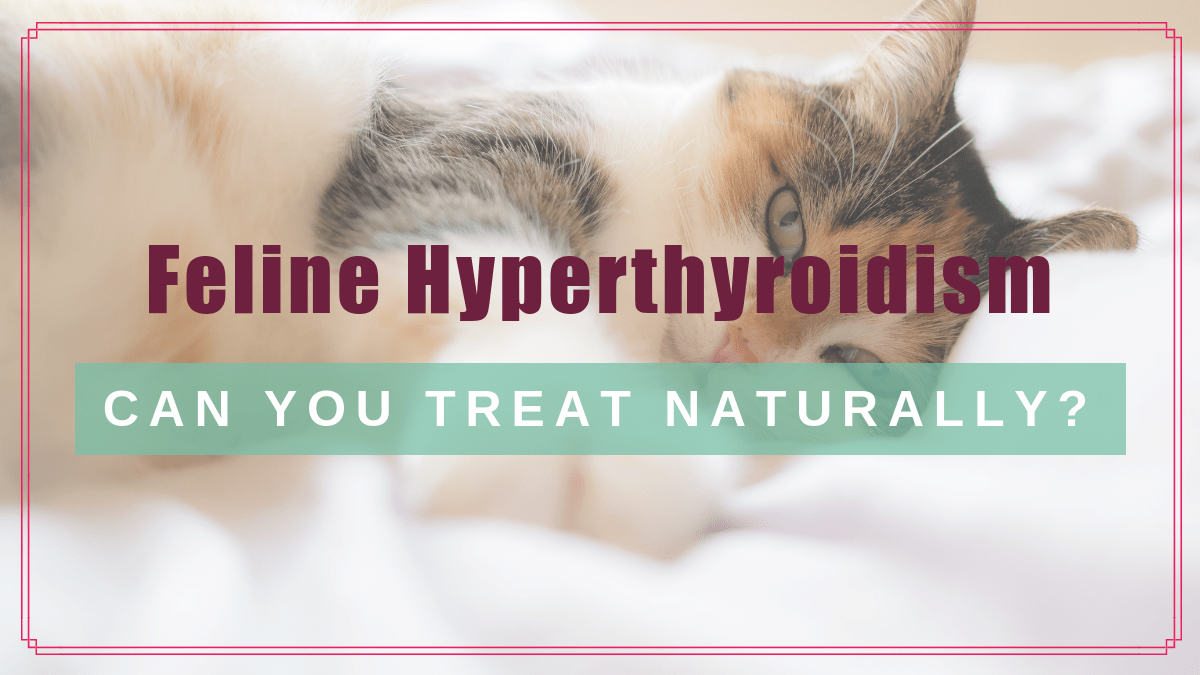
Credit: boulderholisticvet.com
Frequently Asked Questions
What Are Natural Remedies For Overactive Thyroid In Cats?
Natural remedies include feeding iodine-restricted diets, using herbal supplements like bugleweed, and ensuring a stress-free environment. Always consult a vet before starting any treatment to ensure safety and effectiveness.
Can Diet Help Manage My Cat’s Overactive Thyroid?
Yes, a diet low in iodine can help control thyroid hormone production. Prescription diets designed for thyroid health are often recommended by veterinarians.
Are Herbal Supplements Safe For Cats With Thyroid Issues?
Some herbal supplements like bugleweed may help reduce thyroid hormone levels. However, always consult your vet before using any herbs to avoid adverse effects.
How Does Stress Affect An Overactive Thyroid In Cats?
Stress can worsen thyroid symptoms by increasing hormone fluctuations. Providing a calm environment helps reduce stress and supports better thyroid health in cats.
Conclusion
Natural remedies can help support cats with an overactive thyroid. Always watch your cat’s behavior and health closely. Herbal supplements and diet changes may ease symptoms. Consult your vet before starting any new treatment. Safe care means a happier, healthier cat.
Small steps make a big difference in managing thyroid issues. Keep learning and caring for your furry friend every day. Your cat deserves gentle and natural support.


